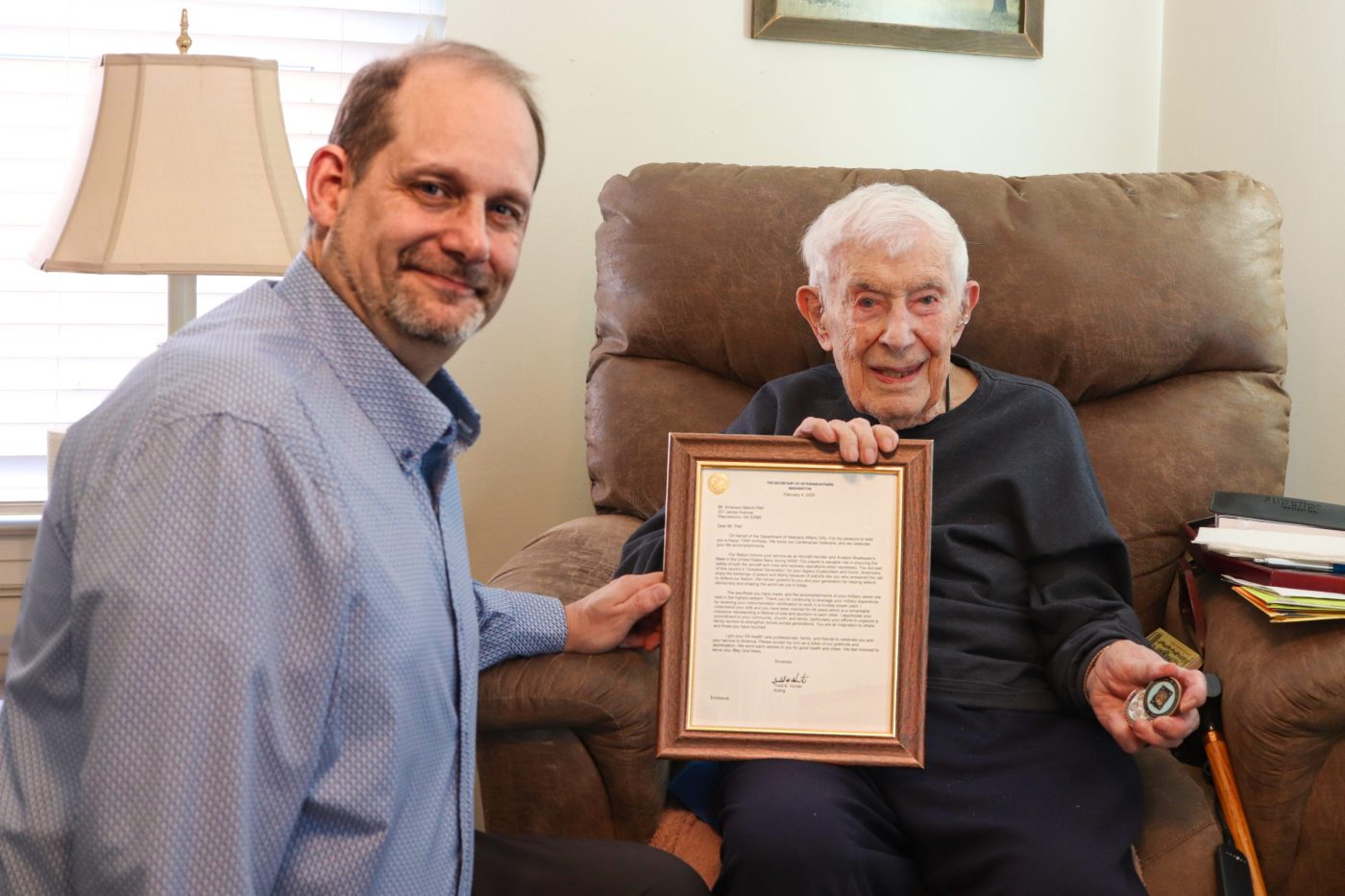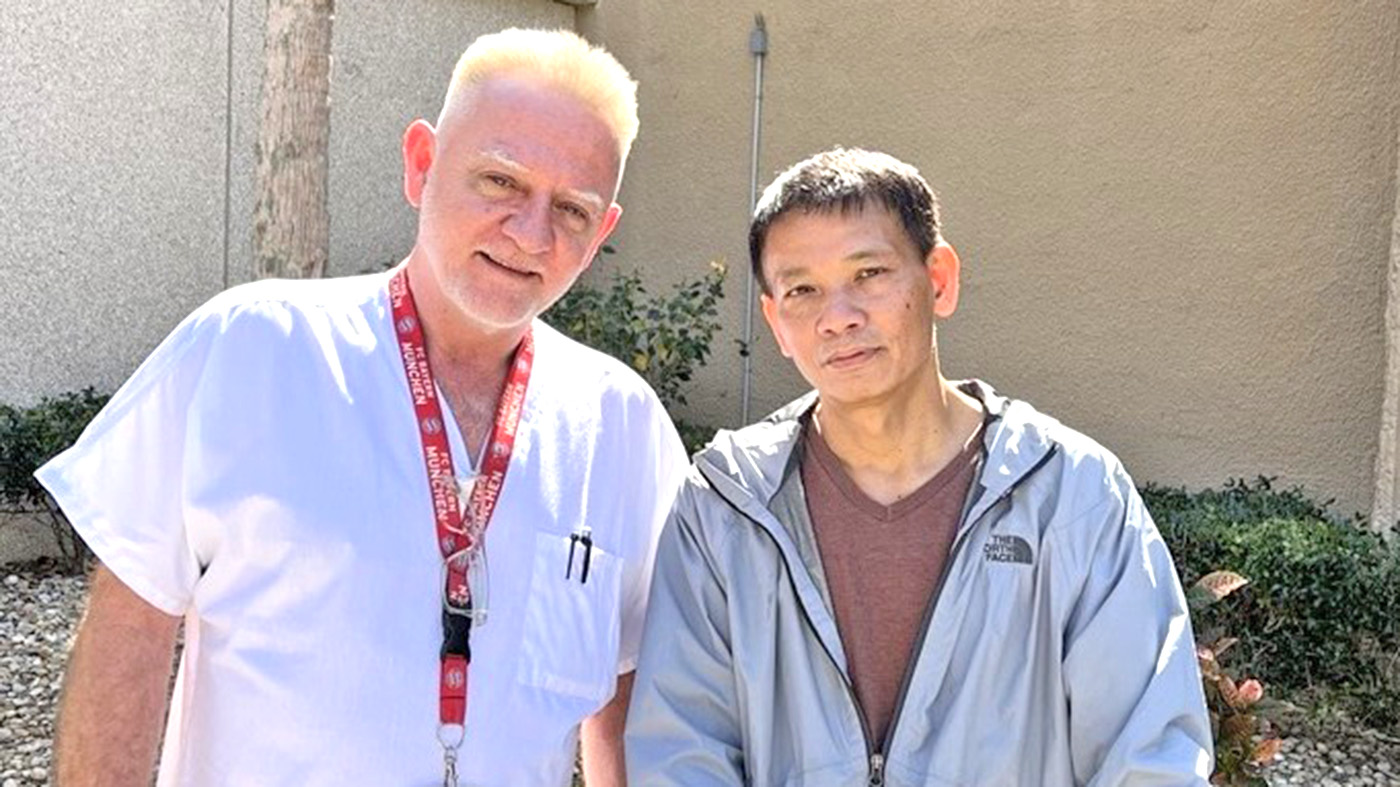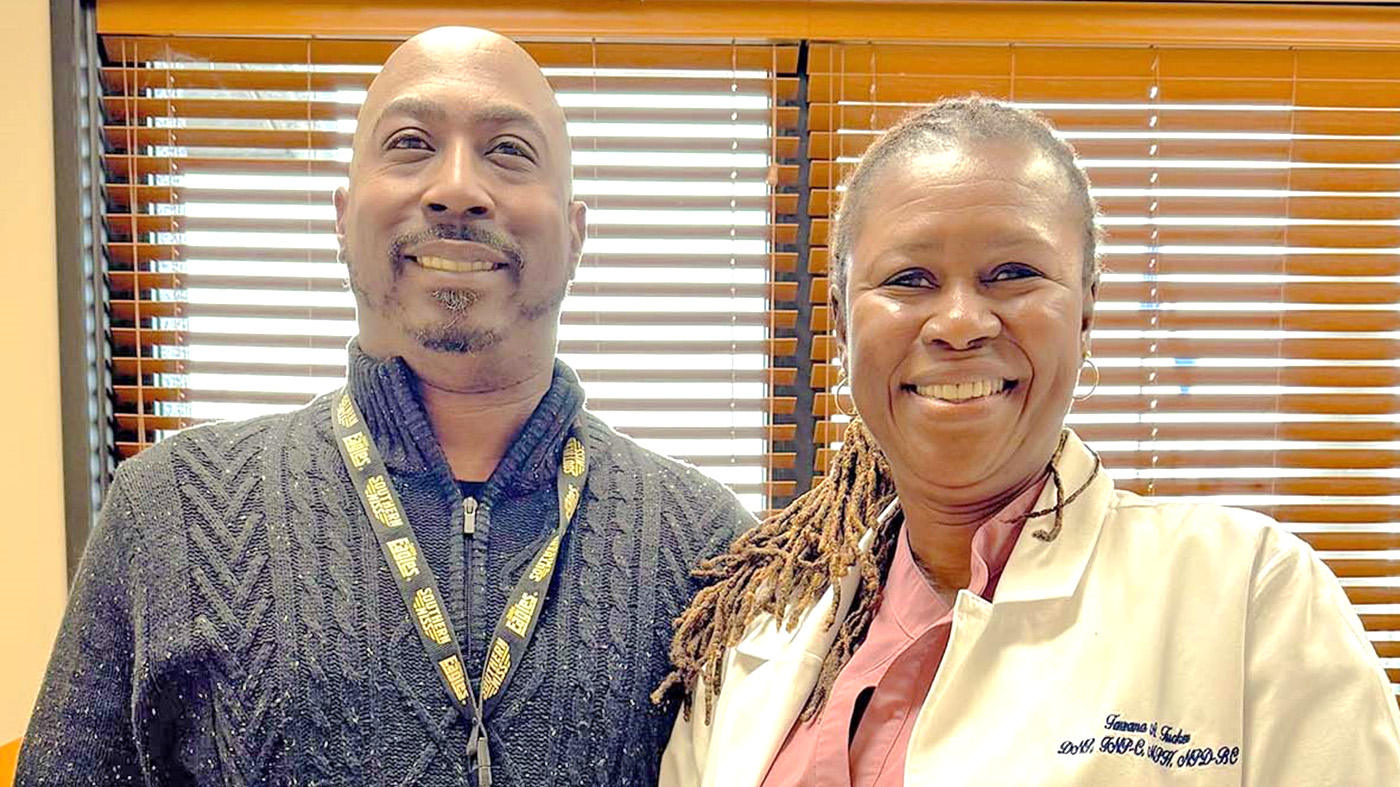PTSD doesn’t discriminate. With PTSD, memories associated with traumatic events—like combat, sexual assault, accidents and even natural disasters—can become overwhelming and lead to suicidal thoughts. Outside of a triggered episode, you may still feel unsafe, anxious, unsettled or edgy.
Without treatment and help, PTSD can escalate into a crisis
First, it’s urgent to get PTSD screening before a crisis happens. The first step to finding out if your feelings and behaviors are related to PTSD is to self screen.
VA is dedicated to spreading the word and empowering anyone in acute crisis to reach out for help. Encourage Veterans you know to screen themselves and learn about treatment options.
Most importantly, know that you’re not alone. Veterans with PTSD can take control of their lives with care and tools like the PTSD Coach app. This app helps anyone learn about symptoms, understand ways to manage stress, track symptoms and access direct support and help. The PTSD Coach app is also flexible to fit your needs with resources to keep you on track.
PTSD treatment is real and it works. You can also speak to your care provider to learn more about treatment options that work for your wellness journey.
Help when Veterans need it most
If you find yourself struggling with thoughts about suicide, the 988 (press 1) call line is there to help. You can also text 838255 or chat online with the Veterans Crisis Line. This free, confidential resource offers support from trained professionals when you need it.
If those thoughts become overwhelming, go to any VA or non-VA emergency department, even if you’re not enrolled in VA’s health care system. VA will cover out-of-pocket costs for ambulance transportation, prescriptions, up to 30 days of inpatient or crisis residential treatment, and up to 90 days of outpatient treatment.
There are some service-related requirements for VA to pay for the entire event, but it’s important to remember this option is there when your life is on the line.
Reinforcing our commitment to Veterans’ well-being
VA reminds you that PTSD takes a toll on Veterans, but there are tools and support to help. Our work doesn’t end here. VA needs the help of families, friends and communities to raise awareness about PTSD and how to save a life.
Together, we can reinforce our commitment to our Veterans’ well-being with compassion and empathy as they battle with PTSD. We can help them reclaim their lives and continue their journey to recovery.
Support and resources
Topics in this story
More Stories
When asked if he's a hero, 100-year-old WWII Navy Veteran Emerson Pell gave a short, modest response: “I was just a normal guy.”
A member of the Care Transition Clinic got to demonstrate his I CARE values for an Army Veteran.
When a Veteran explained a diabetic health issue to staff, they scheduled an immediate medical appointment.






The world experts in the PTSD treatment called Stellate Ganglion Block (SGB) are right here in Annapolis.
Drs. James Lynch and Sean Mulvaney, both 31-year veterans, founded The Stellate Institute in 2021.
https://thestellateinstitute.com/
I have been a patient at the Durham VA hospital in Durham NC for about ten years. The most important thing I have learned is that the mental health department is not to be trusted. They will not give you all the information that they put in your records. The privacy officer will only protect the staff and make sure the patients are denied access to their records. The suicide rate will continue to rise until real help is given to the patients.
Is there any program in ref. To PTSD, to help Veterans Diagnosed with Moderate to Severe PTSD, deal with bill or most importantly credit score. I am trying to get everything paid on time but it seems so hard to focus on and my credit score is taking a beating. I’ve spoken to other Vets with PTSD and it seems to be a common trend. There should be something the Govt can do to allow a do over on our credit reports or some kind of assistance to help.
I earned my PhD with first a thesis on PTSD and how it impacts Marines who served in combat while being exposed to trauma on the battlefield. I then continued on to complete my dissertation on the use of eye movement desensitization reprocessing (EMDR) as a treatment modality for the quickest time for recovery to prevent suicidal ideation. During the period starting with my thesis and through my completion of my PhD, 9 years has been the recorded number of completed suicides and remains to be 22 veterans per day dieing. I find it hard to believe the number reflected in the one comment within this forum that the actual number is actually not that high. Where is the research that reflects low numbers? My dissertation is published and based on facts.
According to the VA studies, veterans with PTSD actually have a very low number of actual death by suicide.
When it comes to Veterans suicide the COUNT will always matter more than the RATE